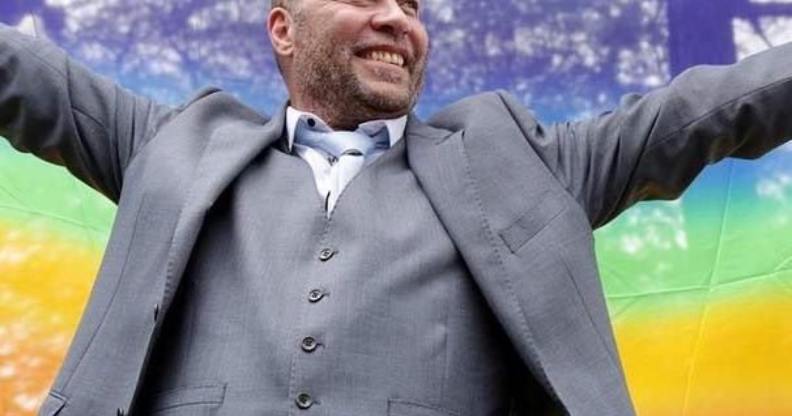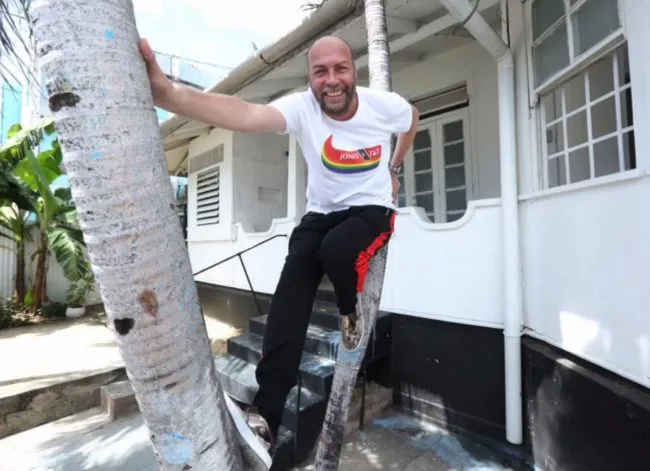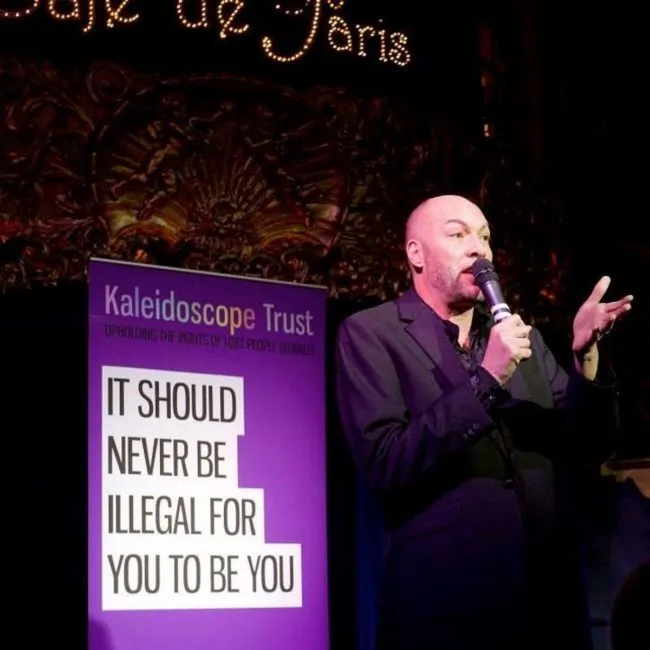Gay sex laws in Trinidad and Tobago change, but not struck down

The High Court in Trinidad and Tobago has issued a final ruling on the country’s Sexual Offences Act, which criminalised gay sex between consenting adults.
High Court judge Devindra Rampersad first ruled in April that the law was unconstitutional, and expressed intent to strike down Section 13, which punished “sexual intercourse per anum”—also referred to as “buggery”—between men or a heterosexual couple with up to 25 years in prison.
Rampersad also wanted to eliminate the Section 16 law, which banned “acts of serious indecency,” effectively criminalising any kind of sexual intercourse not between a man and a woman. This law carried a punishment of five years in jail.
The court’s final decision eventually set on amending the law with the effect of decriminalising consensual sex between adults, regardless of their gender, if they are at least 16 years old, local media reported on Thursday (September 20).

(Jason Jones/Facebook)
Section 13 will now read: “‘Buggery’ means sexual intercourse without consent per anum by a male person with a male person or by a male person with a female person.” Section 16, which effectively banned all same-sex sexual relations, has now been amended to only ban “acts of serious indecency” between people under the age of 16.
Trinidad-born human rights activist Jason Jones, an openly gay man who first launched the legal challenge against the country’s District Attorney in February 2017 as part of a campaign supported by PinkNews, called the result “bittersweet.”
Trinidad and Tobago already has laws in place banning non-consensual sex. Jones told PinkNews in a message exchange that amending, rather than striking down Section 13, was “odd and very cowardly.”
“It’s a very bittersweet victory for me, but a victory anyway,” he added.
Jones, who raised £10,000 for the legal battle via a crowdfunding campaign, has more battles to fight as the state intends on appealing the ruling—and is seeking to raise another £20,000 to cover the costs involved.

(Jason Jones/Facebook)
The next hearing is set to take place in Court of Appeal in Trinidad and Tobago, but the case may end up being heard at the Judicial Committee of the Privy Council (JCPC) in London—the final court of appeal in a number of Commonwealth countries including Trinidad and Tobago, whose decisions are legally binding for any Commonwealth country in which the case is heard, besides the UK.
According to Jones, a victory in the Privy Council would lead to the decriminalisation of homosexuality in 10 other countries. The activist told PinkNews that the High Court’s final ruling makes him feel “more confident” about his chances of reaching a final victory.
“It shows that we are up against ingrained, endemic homophobia. I am hoping that the International courts will exercise greater strength in supporting full equality for LGBT citizens.”

